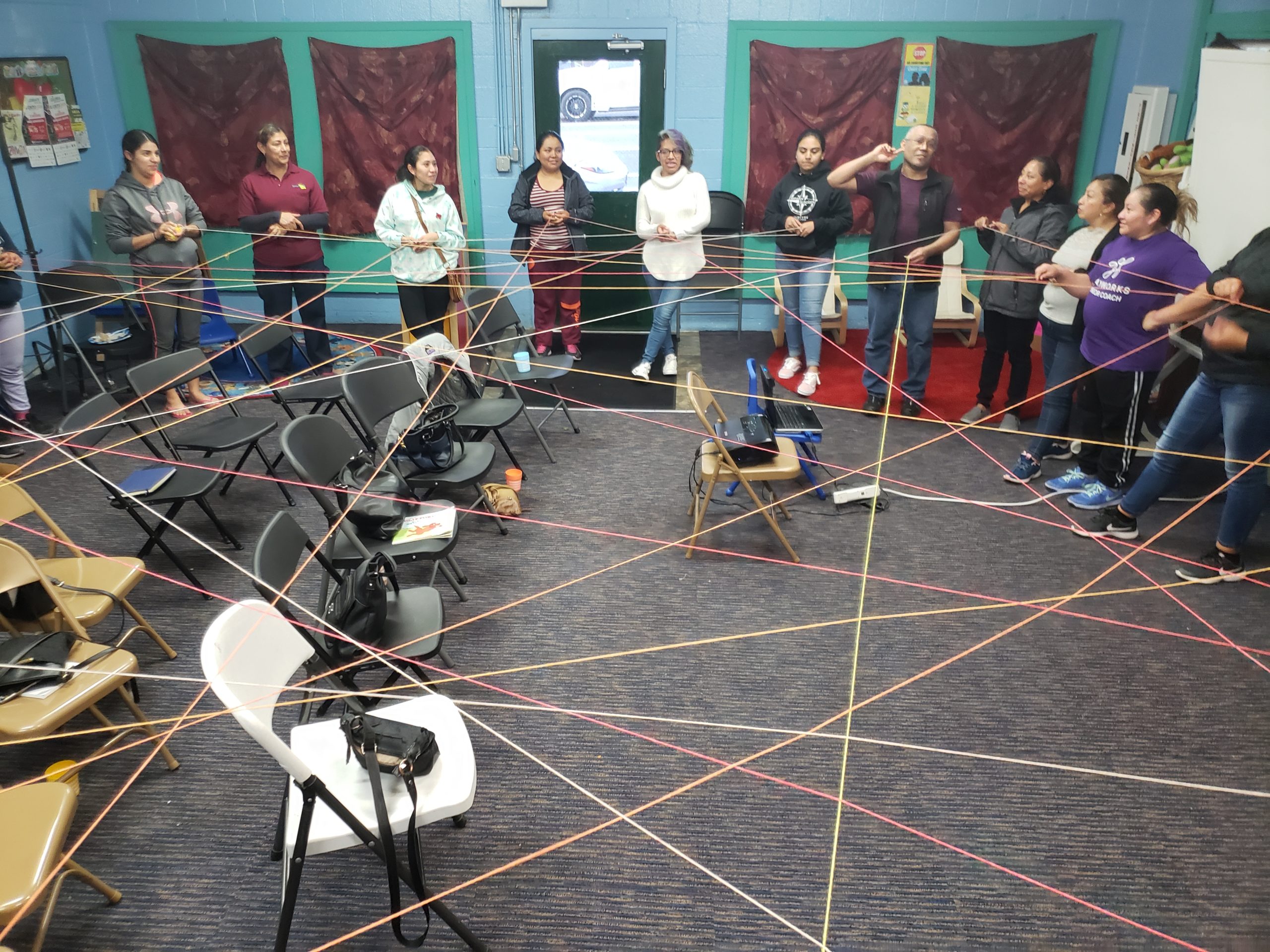About Suma
Suma is a new non-profit focused on putting technology at the center of community organizing efforts. It began as a 2019 program of Verde, an environmental justice organization that reinterpreted sustainability as an anti-poverty strategy. In response to community members’ interest in learning more about technology, Verde launched its Suma program to adapt the lessons of its environmental justice work to the adjacent tech sector. Suma envisions a technology future that is inclusive of low-income people, people of color, and other frontline communities through digital organizing and enterprise development.
What type of work will the grant enable?
Suma is working to ensure a technology future that is inclusive and community-led, beginning in Northeast Portland’s Cully neighborhood, a diverse and low-income area that is home to affordable housing occupied by many immigrants and refugees. Suma works in the community to present digital capacity building curriculum. Through bilingual presentations, discussion, and hands-on exercises, participants acquire digital skills, discover and share tools that safeguard personal information, and develop a shared awareness of the value of their personal data. Organizing is the foundation of Suma’s broader digital enterprise and digital justice work.
Why is this work important?
Poverty, digital exclusion, and privacy concerns prevent the communities Suma works with from accessing critical services such as transportation, clean energy, and food, because technology is becoming the requisite intermediary for these services and service providers increasingly demand personal information. For those without a credit card, debit card, or bank account, the barriers are even higher. Portland’s frontline community members want to learn more about technology, and whether banked or unbanked, they want access to environmental and other critical services, but at reduced costs and with greater privacy protections. They want to participate in technology policymaking because these decisions greatly impact their lives.

